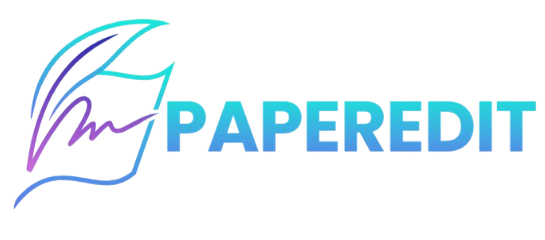How to Check If Your Research Idea Already Exists: Tools and Tips for Students and Researchers
When you're diving into a new research project, one of the most important things you need to ensure is that your idea is fresh and unique. Nothing's more discouraging than realizing your groundbreaking research concept has already been published. Fortunately, in 2025, there are numerous tools and strategies available to help you avoid redundancy and make sure your idea is truly innovative.
In this guide, we'll walk you through the steps to verify whether your research idea already exists, using reliable tools and practical tips.
1. Start with a Literature Review
A literature review is your first step in confirming whether someone else has explored your research question or concept. It’s the process of examining academic databases, journals, and articles related to your topic. Here’s how to do it:
Tip:
Start by browsing through Google Scholar and PubMed to get a sense of current research trends. For example, if you're studying AI's impact on healthcare, check existing research articles using keywords like "AI in healthcare" and see if your idea has been touched upon.
2. Use Plagiarism Checkers to Identify Similar Content
Plagiarism checkers aren't just for catching copied text—they can help you identify overlapping ideas and phrasing. Tools like Turnitin and Grammarly’s plagiarism checker can scan through millions of research papers to detect similar content.
Example:
You think you have a new approach to renewable energy solutions. Run your concept through a plagiarism checker, and see if it flags any matching ideas or research. This can help you refine your idea before you dive deep into writing.
3. Check Patent Databases
For research ideas that involve technology or inventions, it's crucial to check patent databases. Patent searches can help you ensure that your idea isn’t already protected under intellectual property law.
Tip:
Use the United States Patent and Trademark Office (USPTO) or Google Patents to search for similar inventions. This is especially important for tech researchers or anyone working on innovative products.
4. Search Research Networks and Preprints
ResearchGate, arXiv, and bioRxiv are excellent places to check if someone has posted a similar idea in the form of preprints. Preprints are research papers that haven’t yet gone through formal peer review. Researchers often upload their work here to get early feedback.
Example:
If you have an idea for a new algorithm, search arXiv to see if anyone has already published similar work. Preprints are an excellent way to find the latest, unpublished research that might still be relevant to your project.
5. AI-Based Idea Generators and Databases
AI tools like Scite.ai and Semantic Scholar offer AI-powered literature searches that help you identify related ideas and research papers. These tools can analyze the connections between various research papers, helping you quickly understand where your idea stands in the current landscape.
Tip:
Scite.ai not only helps find similar research but also indicates whether a paper supports, contradicts, or is neutral about a particular claim. This can help you validate the uniqueness of your idea.
6. Consult with Experts
Sometimes, an expert's opinion is invaluable. Talk to professors, researchers, or colleagues who are familiar with the field to see if your idea has been explored. Their insight can save you time and provide clarity.
Example:
Before starting your project, reach out to your professor or a mentor who has been working in the same research area. They can often guide you to resources you might have missed or even point out similar work.
Conclusion:
Checking if your research idea already exists is a critical step before you dive into full-scale research. By using tools like plagiarism checkers, literature reviews, patent databases, and AI-based search platforms, you can ensure your research is original and contributes something new to the field.
Remember, it’s essential to stay transparent and honest about your research process. If you find that your idea has been explored, you can always pivot and refine your approach, leading to even more exciting discoveries!
By following these tips and using these tools, you can confidently embark on your academic journey, knowing that your ideas are fresh, relevant, and impactful.
For further assistance, feel free to contact us via email at editing@paperedit.com or through WhatsApp at +447458935352. You can also fill out the contact form for additional inquiries.

